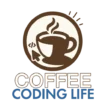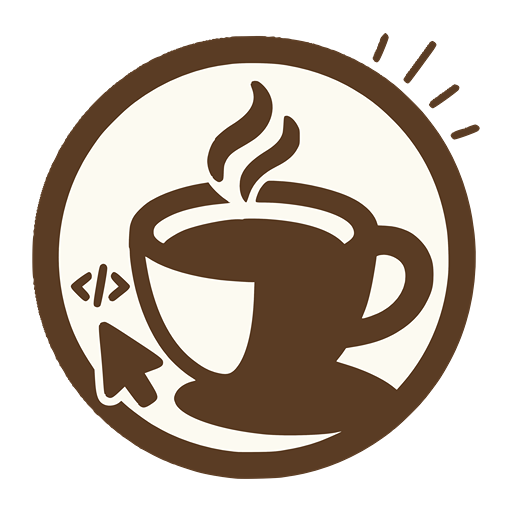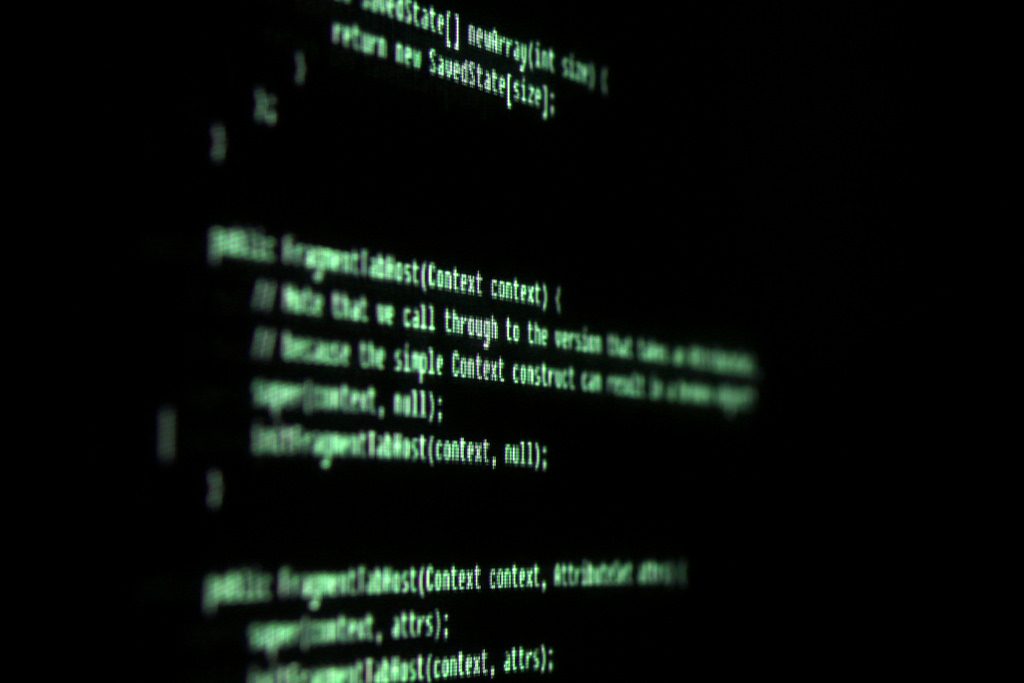What Is Programming Explained in the Best Way
Think of programming like cooking. You take different ingredients, follow some steps, and bam! You’ve got a dish that (hopefully) tastes great—or in this case, runs smoothly. But what’s the real deal with programming? Let’s jump into this wild world!
The Basics of Programming
At its heart, programming is all about telling a computer what to do. You write instructions using a language the computer can actually understand. Just like following a recipe for cake, you code to create software.
But here’s the twist: programming is also a lot about solving problems! You tackle a challenge, break it down into bite-sized pieces, and then whip up a solution. Pretty cool, right?
Different Languages, Different Flavors
Just like food has different styles, programming has various languages. A few popular ones include:
- Python: Perfect for beginners and data science.
- JavaScript: A must for web development.
- Java: Common in enterprise applications.
- Julia: Ideal for numerical and scientific computing.
Each language has its own quirks and best uses. It’s like choosing between Italian, Mexican, or Chinese food—each has its own unique vibe!
Let’s Talk About Loops in Julia
Now, let’s shine a spotlight on Julia, a language that’s been gaining traction, especially in science. One of the coolest things about it is how it handles loops. In Julia, loops create local scopes. That means if you define a variable inside a loop, it only lives there. Try using it outside, and you’ll be scratching your head.
This helps keep your code cleaner and avoids those sneaky bugs. In MATLAB, if you define a variable in a loop, you can access it outside. Yikes! That can lead to strange outcomes. With Julia, you know exactly where your variables are, which makes tracking your data easier and cuts down on mistakes.
It might feel like you’ve entered a different universe with variables acting differently. But don’t worry! Julia’s approach encourages clearer, bug-free coding. If you want to dig deeper into scoping rules, check out this great resource.
The Benefits of Clear Scoping Rules
Getting the hang of local versus global variables is super important. Bugs can sneak up on you like a mosquito buzzing at night. Local scoping in Julia helps prevent confusion from variable shadowing—when two variables share the same name in different scopes.
If you’re coming from a language like MATLAB, this might feel odd at first. You might wonder, “Why can’t I access every variable I make?” But once you wrap your head around Julia’s rules, it starts to make sense. Clarity helps in the programming world!
Why Learning Programming Is Worth It
Learning to code opens up a ton of possibilities. Whether you want to create apps, analyze data, automate boring tasks, or even build robots, programming lets you make magic happen. It’s such a fun mix of creativity and logic!
There’s nothing quite like the thrill of making your code work and solve real problems. You can build, break, and rebuild—it’s like a playground for your imagination. And with tools like Julia, you’re well-equipped to tackle those scientific and numerical challenges.
Common Pitfalls to Avoid
As you start your coding journey, watch out for these common pitfalls:
- Ignoring Errors: When your code throws an error, don’t just brush it off! Use it as a lesson.
- Overcomplicating Solutions: Keep it simple! Aim for the easiest solution.
- Skipping Documentation: Documenting your code helps others—and future you—get what you were thinking!
Each of these can lead to headaches later on. Learn from those who’ve been there, and don’t hesitate to ask for help!
The Joy of Community
Programmers also have an amazing community. Online, there’s a sea of resources, tutorials, and forums where you can learn and share knowledge. Sites like Stack Overflow are perfect for asking questions and connecting with experienced coders. It’s like having a global kitchen where everyone shares their secret recipes!
Your Next Steps
Feeling motivated? Here are some ideas to jump deeper into programming:
- Pick a Language: Choose one that sparks your interest and stick with it for a bit.
- Online Courses: Check out platforms like Coursera, edX, or Codecademy for structured learning.
- Practice, Practice, Practice: Use what you learn in projects. Build something of your own!
Getting Comfortable with Scopes
Back to Julia—don’t let local scopes scare you. Embrace them! They’re your friends when it comes to writing clean code. Once you get used to the scoping rules, you’ll find yourself crafting stronger programs with fewer bugs. Understanding scoping is key in avoiding unintended variable shadowing and maintaining neat code. Get to know this concept; it’ll only benefit you in the long run.
For more on programming in Julia, check out this awesome guide: Programming Fundamentals.
The Coding Adventure Awaits
So there you have it! Programming isn’t just a skill; it’s an adventure that can lead you to exciting new paths. Whether you’re into data with Julia or want to tweak a website, take that leap! The waters are fine—dive in!
Your coding journey is entirely yours. Learn, practice, and enjoy every moment. After all, every great programmer started off just where you are now—with curiosity and a desire to learn.




